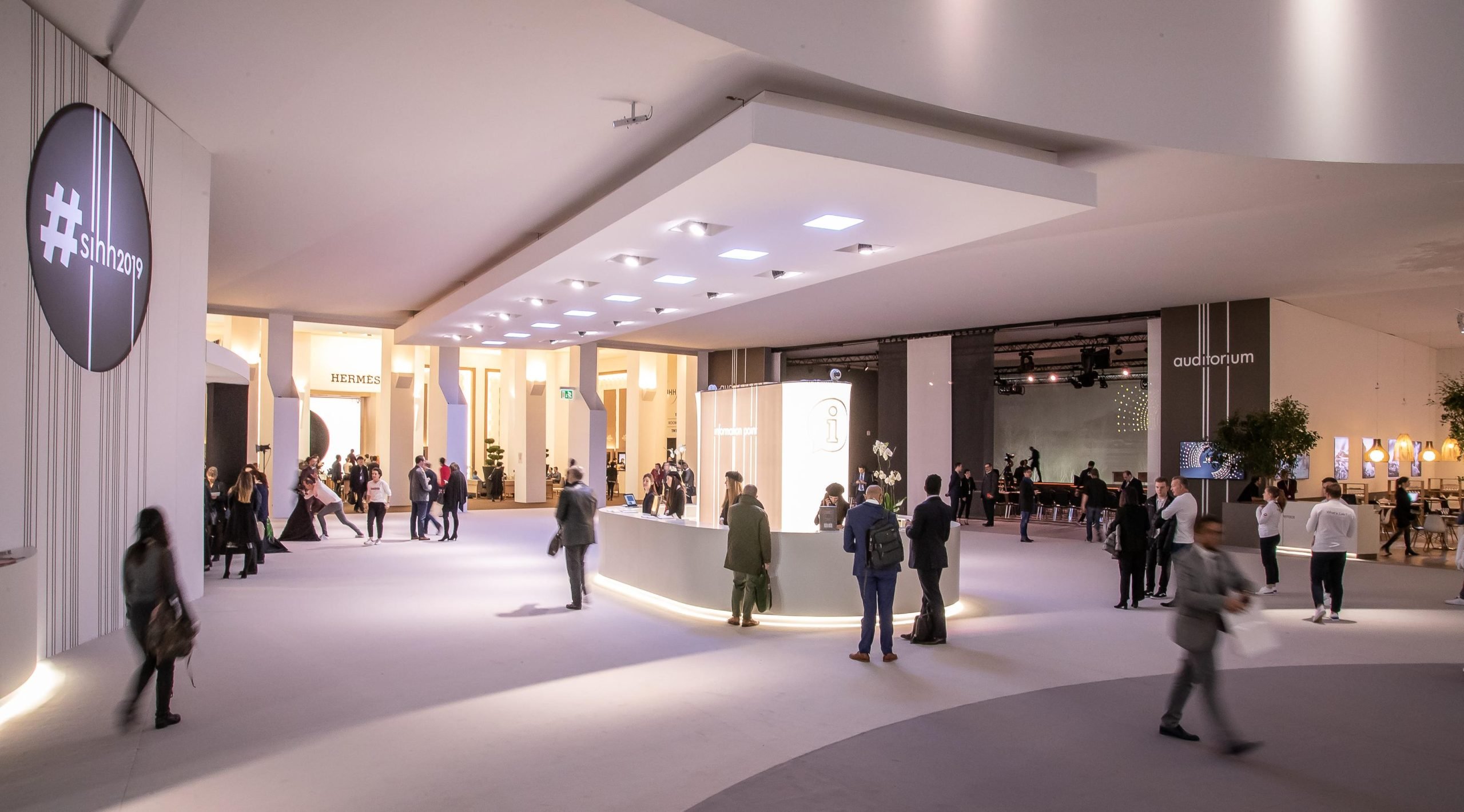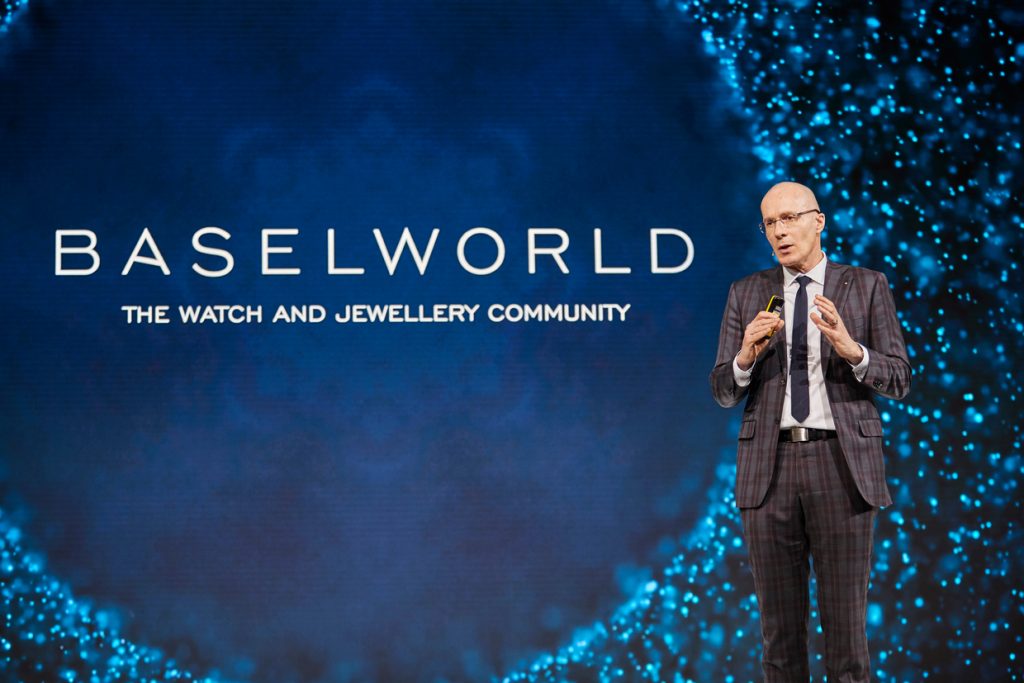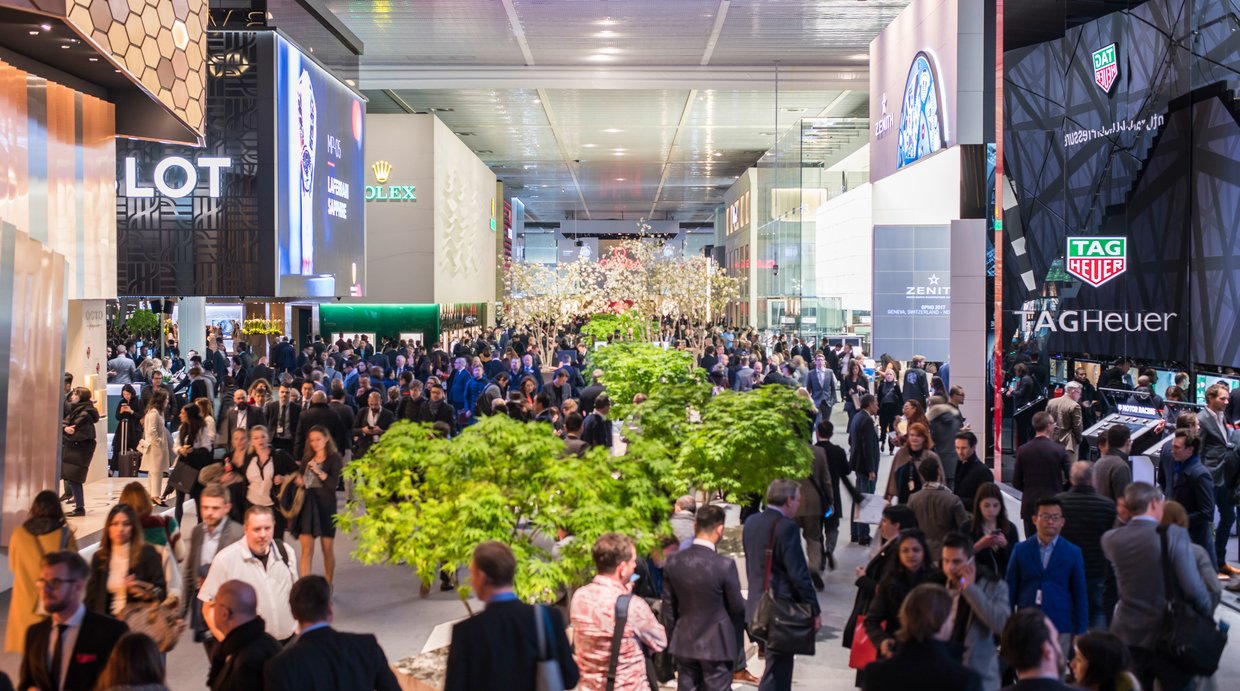Canceled showcases. Vanishing consumers. A broken supply chain.
Every global industry is feeling the effects of coronavirus, and the watch sector is no exception.

Both of its international trade fairs—Watches & Wonders, previously known as SIHH, and Baselworld—were called off last week, leaving brands without a stage to present their new products.
“These cancellations will certainly have an impact,” says Jean-Daniel Pasche, president of the Federation of the Swiss Watch Industry, a leading trade group. Smaller brands in particular will feel the pain, he says. “They will need to find alternative ways to present their products, which is not obvious.”
Switzerland, the epicenter of the watch industry, is among the countries most affected by coronavirus. The Swiss government has banned any gatherings over 1,000 people as a precaution against the spread of the virus, which stood at 210 known cases and one death at the time of this publication.

These spring fairs are key moments in the horological calendar when the watch world unites to see, touch and purchase new collections for the upcoming year. They are the fashion shows of the watch industry—and without them, brands are trying to find solutions to reach retailers and journalists.
“A lot of the communication that normally happens during the events in Basel will shift towards digital,” says Rolf Studer, co-CEO of luxury manufacturer Oris. “It is a pity not to be able to see our team, customers, press and consumers from around the world, but given the circumstances, this is the better and safer choice.”
“However, this unfortunate situation is also an opportunity to try new forms of communication, new digital tools,” Studer says.
Stéphane Waser, the managing director of Maurice Lacroix, which was also planning to exhibit at Baselworld, agrees: “This change calls for flexibility and the reactivity of our teams. We are going to substitute our planned meetings with others in order to maintain contact with our distribution network so we can present our new timepieces.”


Baselworld itself has been working on a digital platform to unite its 700 brands, 80,000 physical visitors and 3,500 journalists so that it can support its partners to promote the visibility of their new timepieces, says its managing director, Michel Loris-Melikoff. “We will now push it even stronger and offer on this platform a digital Baselworld experience, which of course can never replace the live experience, but connects the entire community.”
But what about the smaller brands? It’s easier for large organizations to keep in digital contact with their retail network, thanks to their larger budgets.
“The cancellation of Baselworld means that we will need to get closer to our clients with more unique and bespoke pieces, which is what they want…However, traffic and sales are down in our points of sale, which is challenging,” says Yvan Arpa, founder of boutique manufacturer Artya.
Several brands have decided to still exhibit in Switzerland on the same dates as the big fairs were planned—only they will be exhibiting in suites in Geneva’s luxury hotels to avoid large gatherings. Calling their collective events, the “Geneva Watch Days”, these mini-shows may still not run as there is no knowing where the coronavirus is going. The World Health Organization is calling the current situation “uncharted territory.”
The situation in China is where the biggest damage is occurring. According to Bain & Company’s latest report, Chinese consumers represent 33 percent of the global luxury market, a percentage that is hurting many luxury brands. It isn’t only at home where the Chinese are not shopping; they are not traveling either, impacting the world’s major tourist spots and their luxury boutiques.
Another, potentially long-lasting consequence of the coronavirus is the break of manufacturing in China. Many watch companies source components from China. With the closure of factories, manufacturing is behind schedule, which will have repercussions for production capacity and order fulfillment in Switzerland, too. “The coronavirus showed us how dependent on China the watch industry is. Not only from a commercial/retail point of view but also for the supply of watch components,” says Alexander Friedman, cofounder of Watchonista, a watch-specialist website.
Aside from being a serious health threat, the coronavirus is sending ripples through just about every industry worldwide. And the watch sector is searching for solutions just like everyone else.






